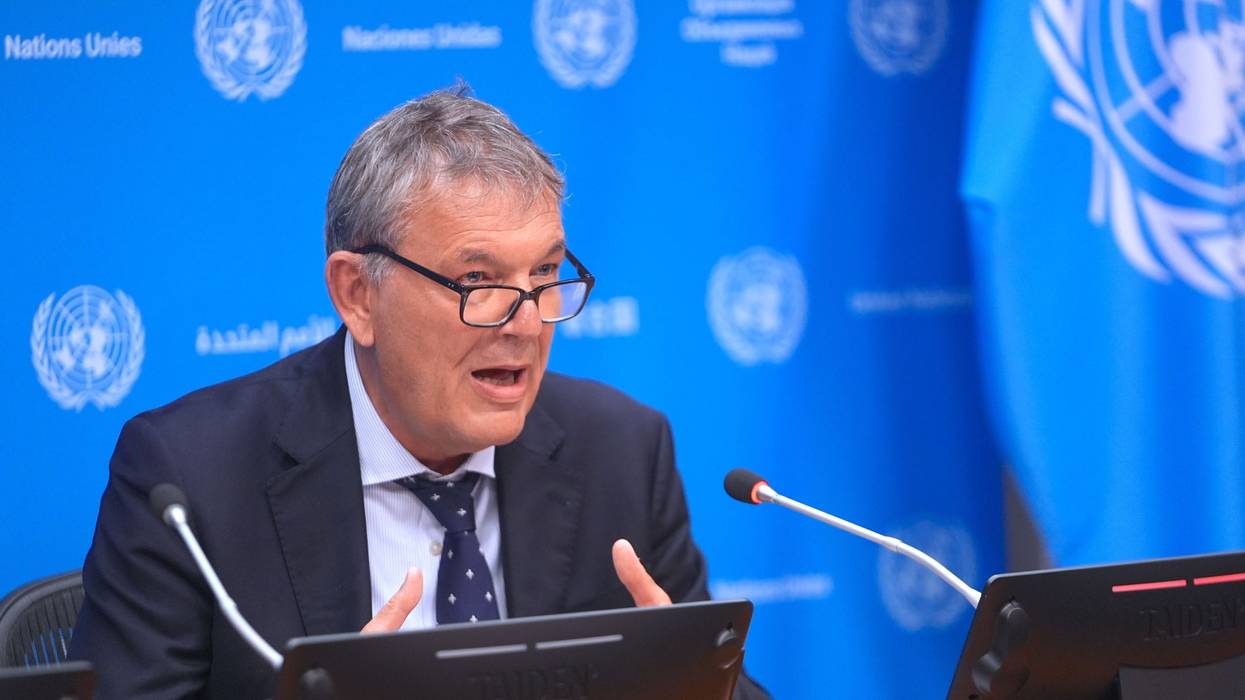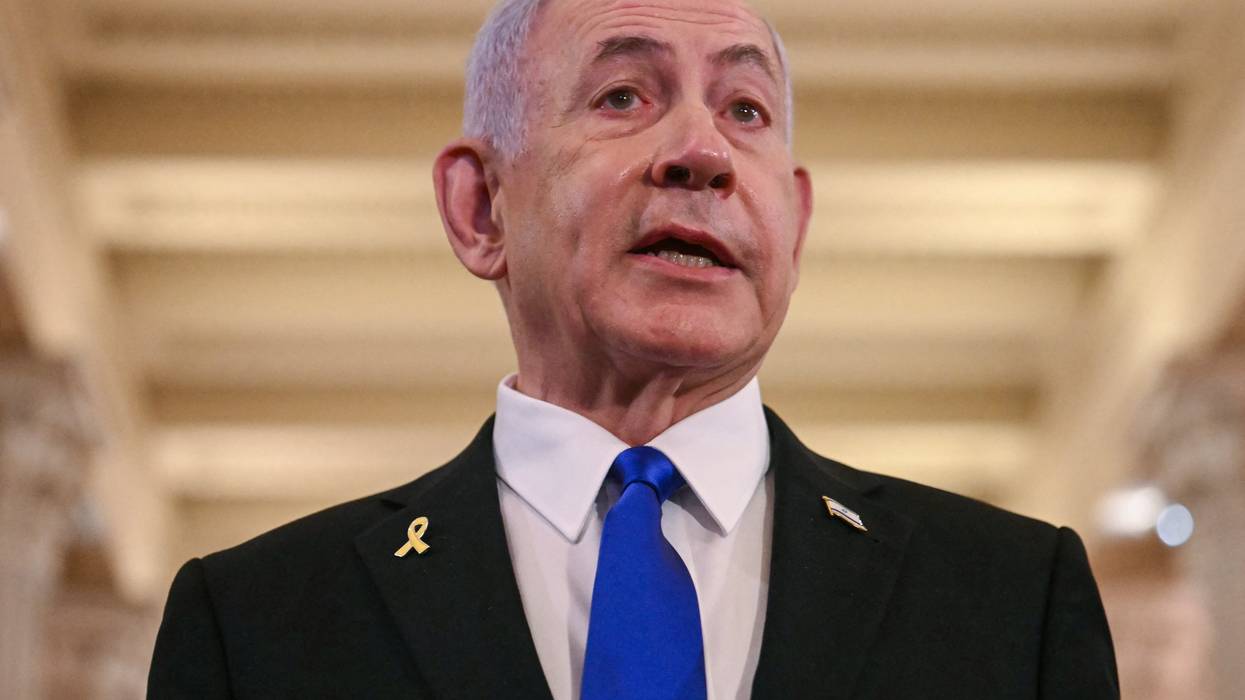‘New Level of Open and Deliberate Defiance of International Law’: Israel Demolishes UNRWA Buildings
"What happens today to UNRWA will happen tomorrow to any other international organization or diplomatic mission, whether in the occupied Palestinian territory or anywhere around the world," said the agency.
Israeli authorities' demolition of the headquarters of the United Nations agency that has for decades provided aid and civil services to Palestinians in territories illegally occupied by Israel was about "more than destroying walls," said one journalist and rights advocate in the region.
The bulldozing of the complex on Monday attacks the UN Relief and Works Agency for Palestine Refugees in the Near East's (UNRWA) "very mission since 1949, violates the rights of Palestinian refugees, and aims to erase the support system they rely on," said Maha Hussaini, head of media and public engagement at the Euro-Med Human Rights Monitor.
Hussaini was among those who spoke out as Israeli forces stormed the complex with bulldozers and began destroying buildings at the site after having sealed off the surrounding streets in East Jerusalem, the occupied city that Palestinians consider the capital of a future Palestinian state.
The Israel Defense Forces and demolition workers were also accompanied by Israeli National Security Minister Itamar Ben-Gvir, who said the destruction of the compound, which has operated at the site for decades, marked a "historic day."
UN officials and other rights advocates, such as Jonathan Whittall—formerly the head of the UN Office for the Coordination of Human Affairs in the occupied Palestinian territories—said Israeli authorities were once again broadcasting their "contravention of their obligations under international law."
This morning, Israeli authorities are demolishing #UnitedNations property in #EastJerusalem, yet another live-streamed contravention of their obligations under international law. Just months ago, the ICJ reaffirmed that Israel "may not obstruct the functions of UNRWA in the OPT". pic.twitter.com/wqXvKzcKkH
— Jonathan Whittall (@_jwhittall) January 20, 2026
Whittall emphasized that Israel's destruction of UN property came months after the International Court of Justice (ICJ) "reaffirmed that Israel 'may not obstruct the functions of UNRWA.'"
UNRWA released a statement accusing Israel of "a new level of open and deliberate defiance of international law," noting that the country is obligated "to protect and respect the inviolability of UN premises."
Ben-Gvir led the destruction of the headquarters more than a year after Israeli lawmakers passed a law banning UNRWA, and weeks after the country banned dozens of international aid groups from operating in Gaza. Israeli officials claimed in 2024 that a small fraction of UNRWA's 13,000 staffers in Gaza had been involved in a Hamas-led attack on Israel on October 7, 2023, but an independent investigation found that they had not backed up their claims with evidence.
UNRWA noted that last week, Israeli forces stormed an UNRWA health center in East Jerusalem and ordered it closed, and water and power supplies to the agency's health and education buildings across the region are scheduled to be cut in the coming weeks.
"These actions, together with previous arson attacks and a large-scale disinformation campaign, fly in the face of the ruling in October by the International Court of Justice, which restated that Israel is obliged under international law to facilitate UNRWA’s operations, not hinder or prevent them," said UNRWA. "The court also stressed that Israel has no jurisdiction over East Jerusalem."
"There can be no exceptions. This must be a wake-up call," the agency added. "What happens today to UNRWA will happen tomorrow to any other international organization or diplomatic mission, whether in the occupied Palestinian territory or anywhere around the world. International law has come under increasing attack for too long and is risking irrelevancy in the absence of response by member states.”
In the UK, member of Parliament Jeremy Corbyn spoke to his fellow lawmakers about the destruction of the UNRWA compound—on top of Israel's continued slaughter of Palestinians despite a "ceasefire" deal that was reached in October and settler attacks in the West Bank—and demanded to know: "When is the British government going to impose sanctions on Israel for its endless violations of international law?"
Israel has begun bulldozing the UNRWA headquarters in occupied Jerusalem.
When is the British government going to impose sanctions on Israel for its endless violations of international law? pic.twitter.com/YADND8varu
— Jeremy Corbyn (@jeremycorbyn) January 20, 2026
International law advocate and UN representative Mohamad Safa noted that Israeli authorities violated Article 52 of Additional Protocol (I) Geneva Conventions and the UN Charter when they took over UNRWA's headquarters and raised the Israeli flag there.
"Another violation of international law being broadcast live. Israel's impunity must end!" he said.
Last week, UN Secretary-General António Guterres said the UN could take Israel before the ICJ over its laws targeting UNRWA.
The UN, said Guterres, cannot remain indifferent to "actions taken by Israel, which are in direct contravention of the obligations of Israel under international law. They must be reversed without delay.”


